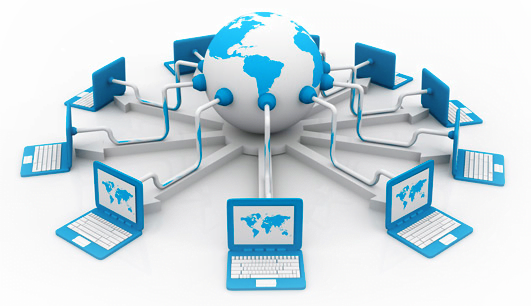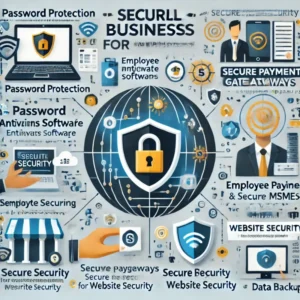
Introduction The internet has become an indispensable part of our lives, revolutionizing communication, commerce, and entertainment. Here’s everything you need to know about harnessing the power of the internet.
1. Understanding the Internet
- The internet is a global network of interconnected computers and devices that communicate through standardized protocols.
- It enables access to a vast array of information, services, and resources, facilitated by web browsers and search engines.
2. Importance of the Internet
- Communication: Instant messaging, email, and social media platforms connect people across the globe in real-time.
- Information access: The internet provides access to a wealth of knowledge, ranging from educational resources to news and research.
- Commerce: E-commerce platforms enable buying and selling goods and services online, offering convenience and accessibility.
- Entertainment: Streaming services, online gaming, and social networks provide entertainment and recreation for users of all ages.
3. Key Components of the Internet
- World Wide Web (WWW): A system of interconnected hypertext documents accessed via the internet.
- Web browsers: Software applications used to access and view web pages, such as Google Chrome, Mozilla Firefox, and Safari.
- Search engines: Tools like Google, Bing, and Yahoo enable users to search for information on the web.
4. Internet Connectivity Options
- Broadband: High-speed internet access delivered through technologies like DSL, cable, fiber-optic, or satellite.
- Mobile data: Accessing the internet via cellular networks using smartphones, tablets, or mobile hotspots.
- Public Wi-Fi: Wireless internet access available in public spaces like cafes, airports, and libraries.
5. Internet Safety and Security
- Use strong passwords and keep software updated to protect against cyber threats like hacking and malware.
- Be cautious when sharing personal information online and avoid clicking on suspicious links or attachments.
- Install antivirus software and firewalls to safeguard devices from viruses and unauthorized access.
6. Future Trends and Innovations
- Internet of Things (IoT): Connecting everyday objects to the internet to enable smart functionality and automation.
- 5G technology: The next generation of mobile connectivity promising faster speeds and lower latency for enhanced user experiences.
- Artificial Intelligence (AI): Utilizing AI algorithms to personalize content, improve search results, and enhance user interactions.
Summary The internet continues to evolve, shaping the way we communicate, work, and live. Understanding its components, connectivity options, and security measures is essential for making the most of this powerful tool in our digital age.
Real-Life Examples:
- Google: The world’s most popular search engine, Google helps billions of users find information online quickly and efficiently.
- Netflix: A leading streaming service, Netflix offers a vast library of movies, TV shows, and documentaries for subscribers to enjoy anytime, anywhere.
- Airbnb: Revolutionizing the travel industry, Airbnb connects travelers with unique accommodations and experiences around the world through its online platform.



